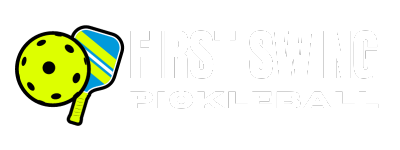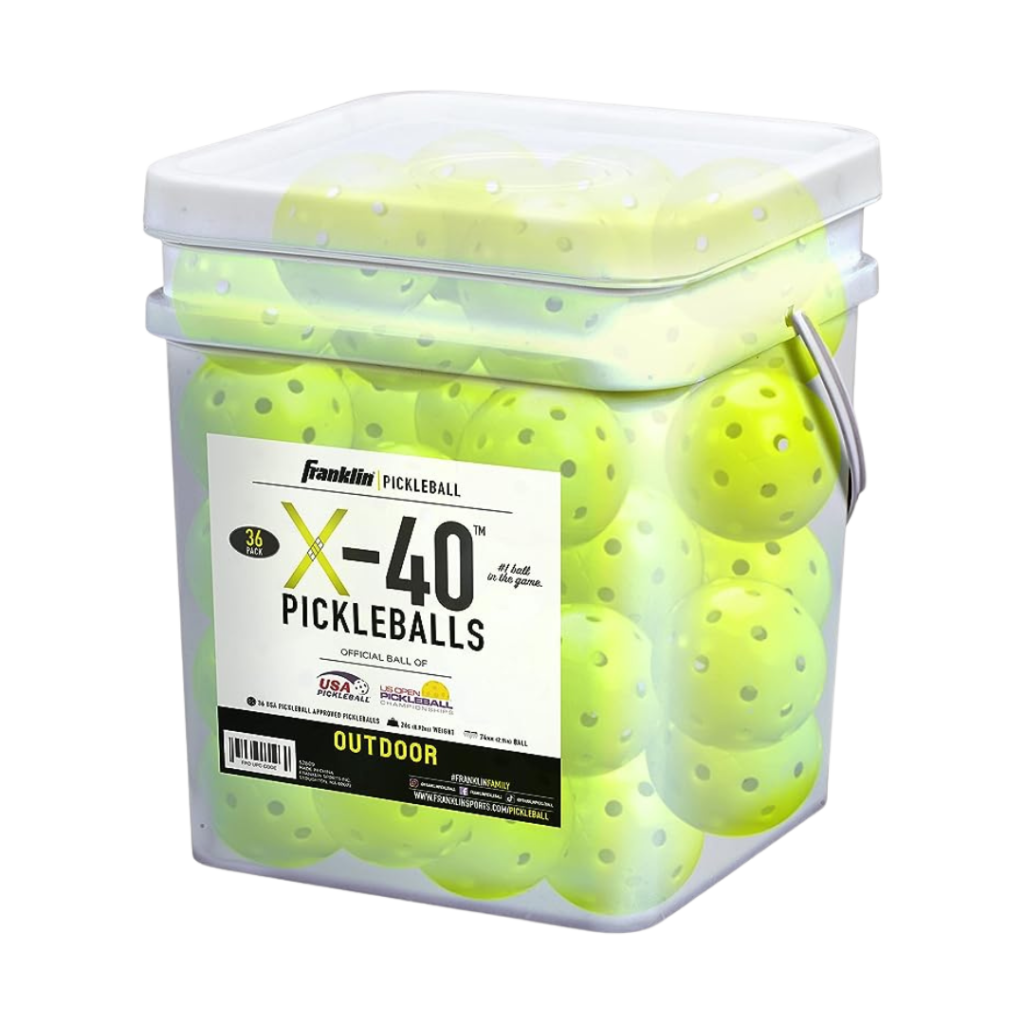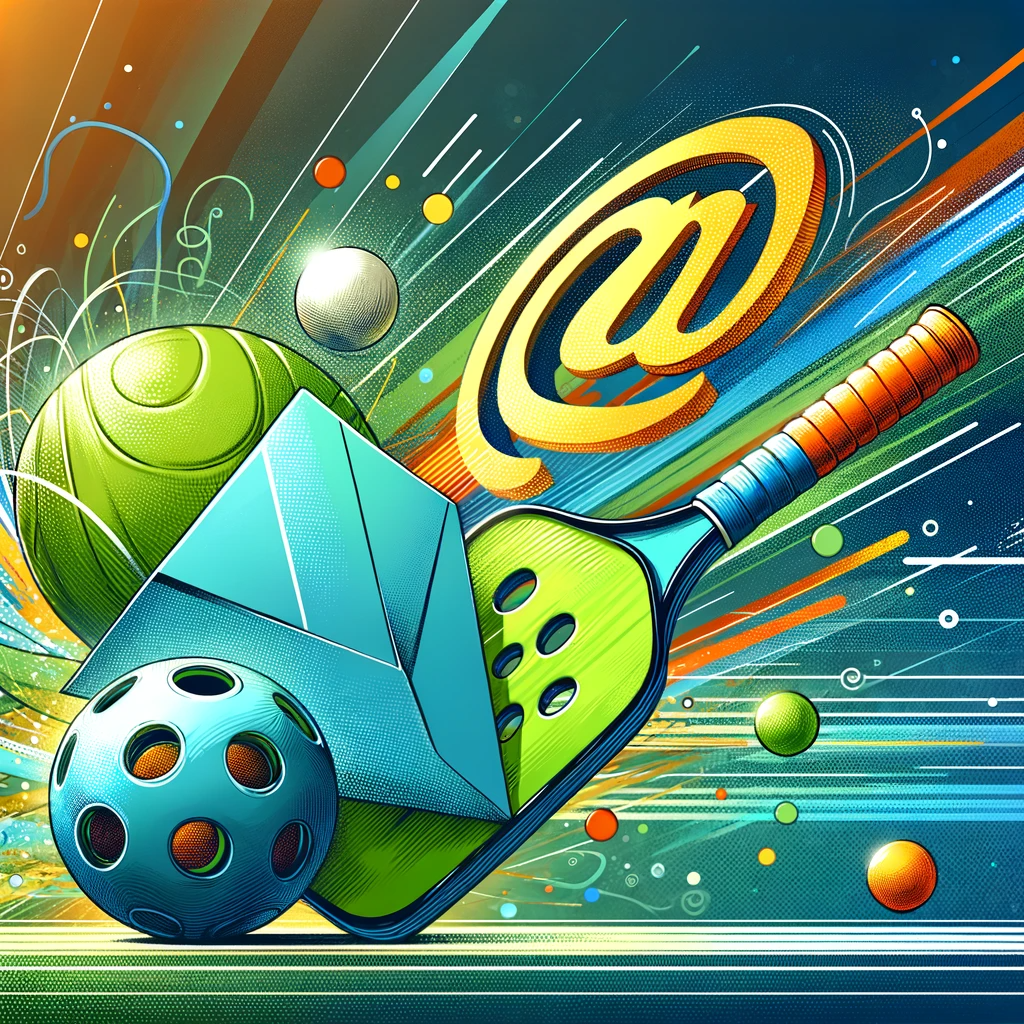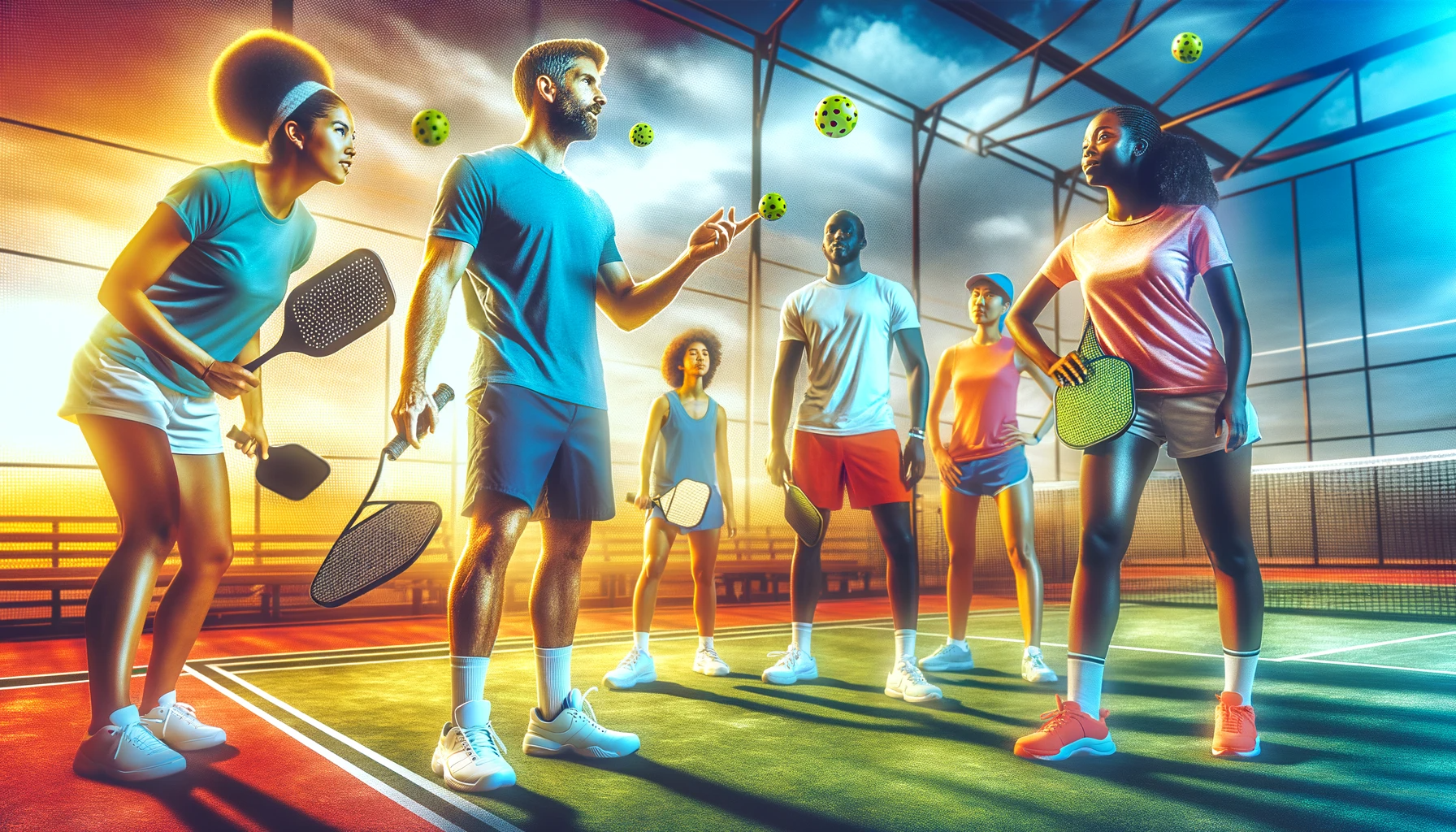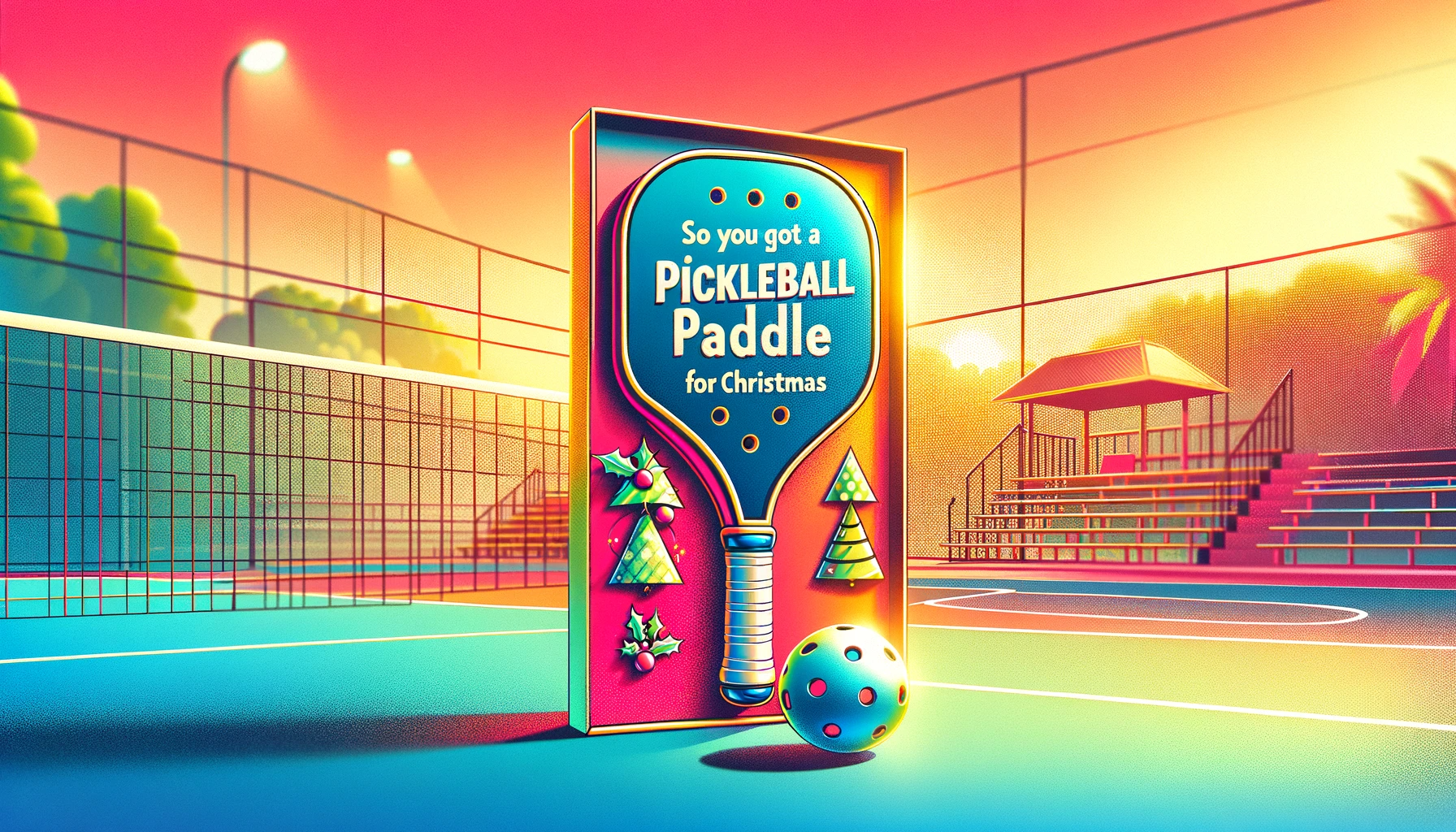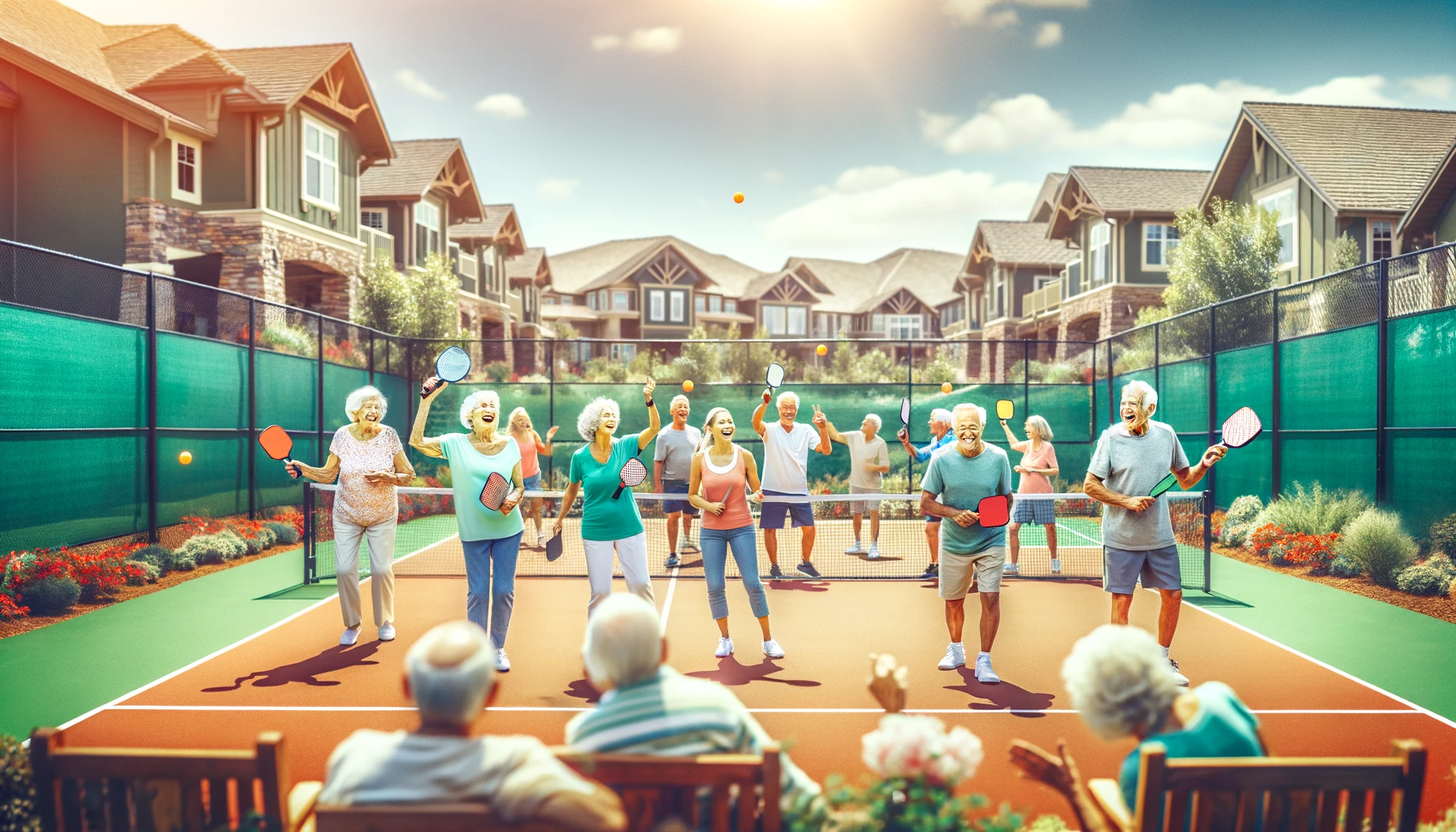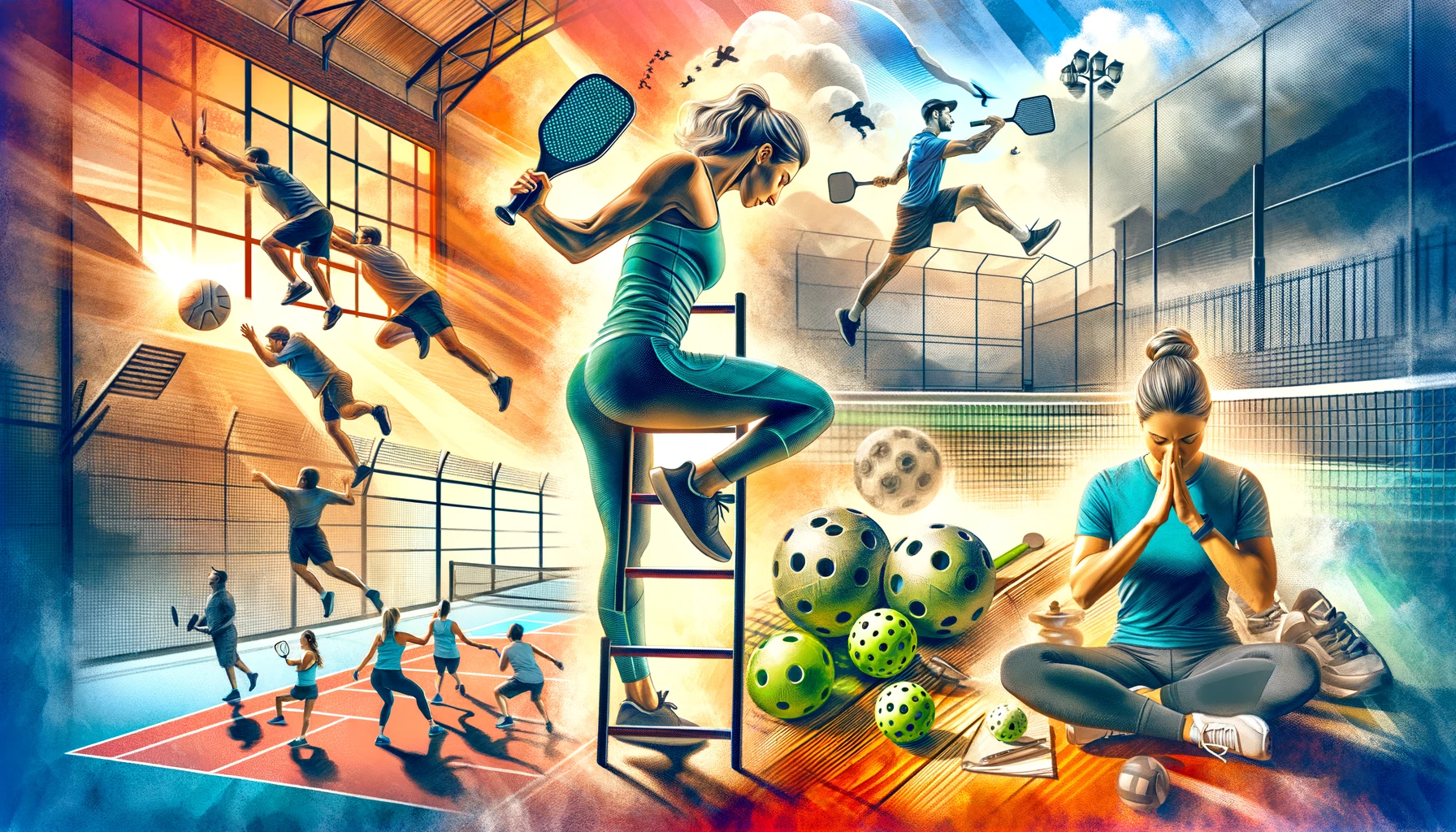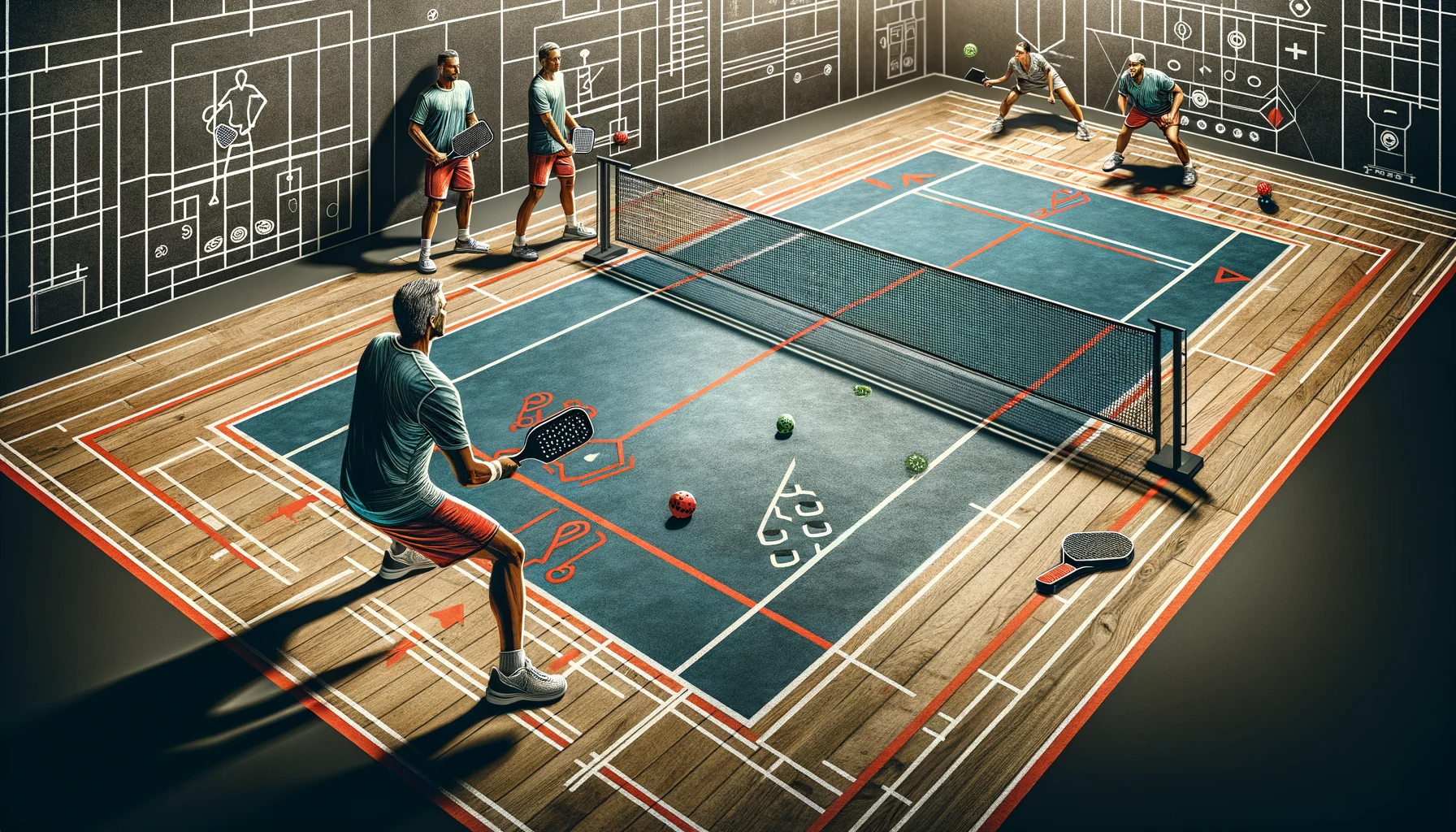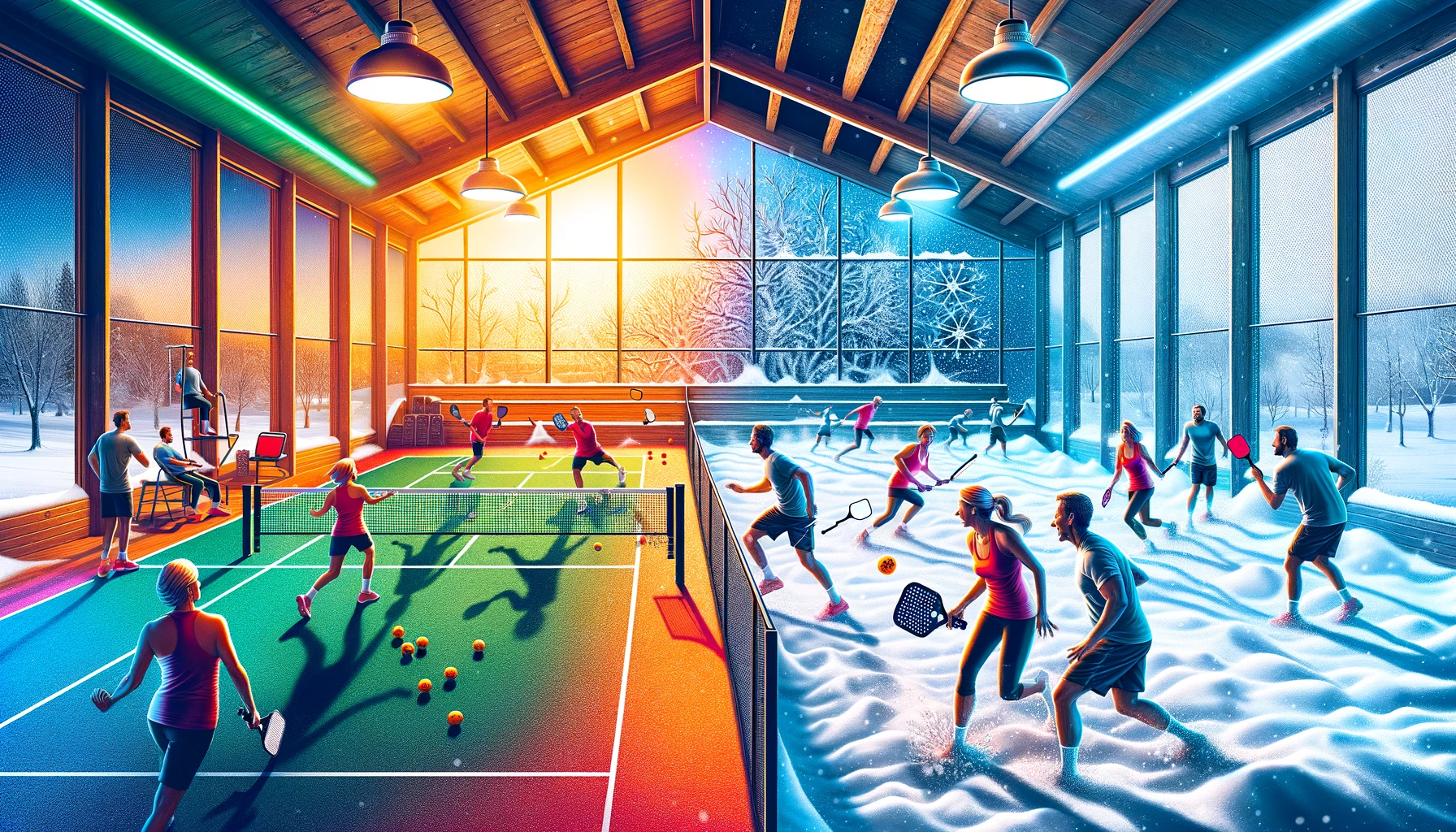
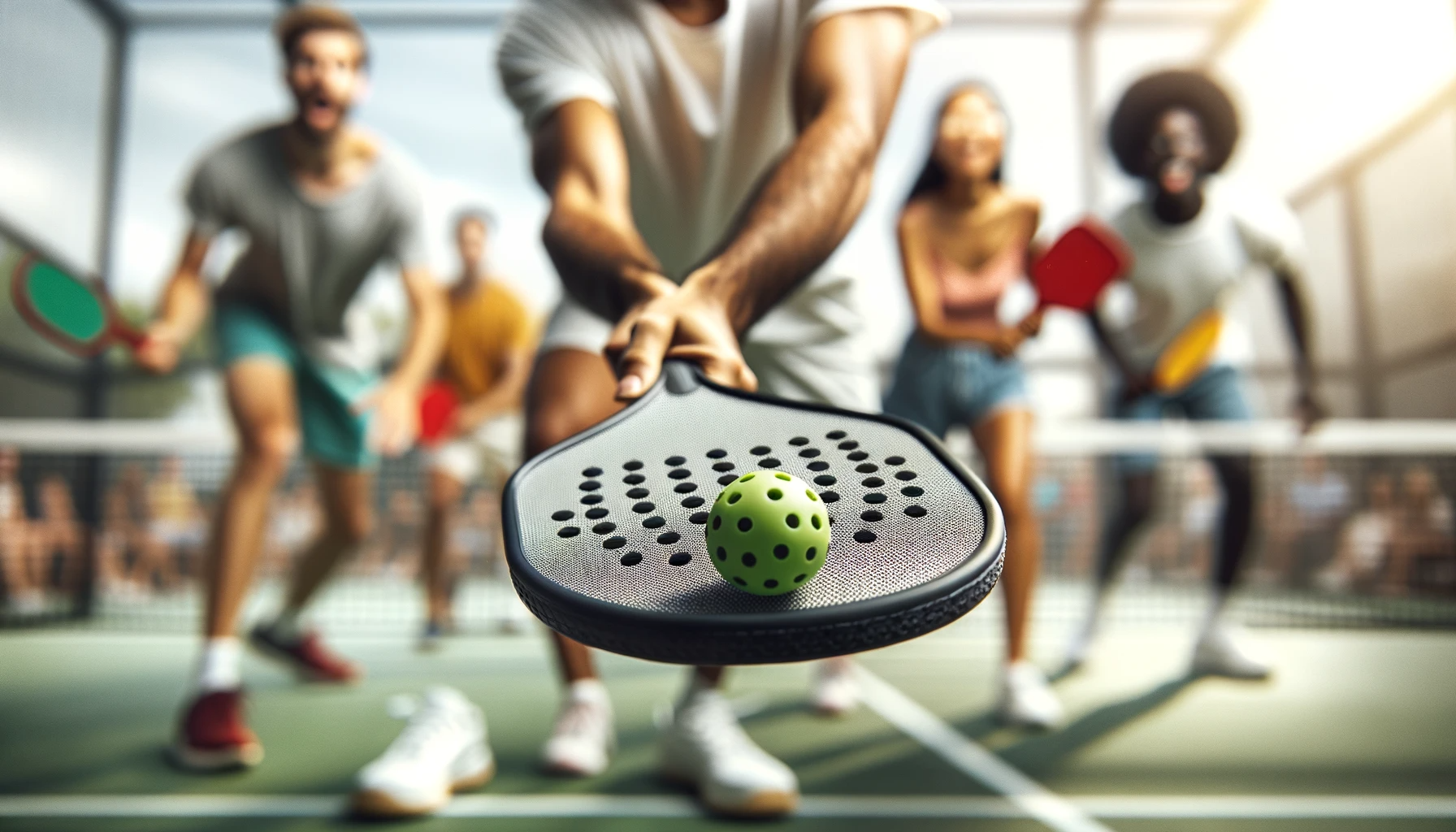
The Social Aspects of Pickleball: Building Community
Pickleball is a popular sport that has gained a strong following in recent years. While the game itself is enjoyable and challenging, one of the most appealing aspects of pickleball is the sense of community it fosters. In this introduction, we will explore the social aspects of pickleball and how it brings people together to build a strong and supportive community. From friendly competition to social events and volunteer opportunities, pickleball offers a unique opportunity for individuals to connect and form lasting relationships. Let's dive into the world of pickleball and discover how it goes beyond just a game and creates a sense of belonging and camaraderie.
Giving Back Through Pickleball
One of the most powerful aspects of pickleball is its ability to bring people together. Whether you're playing with friends, family, or strangers, the game creates a sense of camaraderie and connection. This sense of community is what makes pickleball so special and it's also what drives many players to give back through community service and outreach.
Pickleball players are known for their generosity and willingness to help others. Many pickleball communities organize charity tournaments and events to raise money for various causes. These events not only bring the community together but also make a positive impact on those in need. From raising money for local charities to supporting national organizations, pickleball players are making a difference in their communities.
But it's not just about raising money. Pickleball players also volunteer their time and skills to give back. Many players use their love for the game to teach and mentor others. They volunteer at local schools, community centers, and retirement homes to introduce pickleball to new players and share the joy of the game. This not only helps to grow the sport but also creates a sense of connection and purpose for both the volunteers and those they are teaching.
Pickleball players also use their skills to give back to those in need. Many players participate in outreach programs that use pickleball as a tool to help at-risk youth, individuals with disabilities, and veterans. These programs not only provide a fun and engaging activity for those involved but also promote physical and mental well-being. Pickleball has the power to bring people together and these outreach programs are a testament to that.
The sense of community in pickleball also extends to supporting fellow players in times of need. When a member of the pickleball community is facing a difficult time, whether it be an illness or a personal struggle, other players rally together to offer support and assistance. From organizing fundraisers to simply being there to lend a listening ear, the pickleball community is always there for one another.
Pickleball players also use their platform to raise awareness for important causes. Many players use social media to share information and resources about issues that are close to their hearts. Whether it's promoting environmental conservation, advocating for social justice, or raising awareness for health issues, pickleball players are using their voices to make a difference.
In addition to giving back through community service and outreach, pickleball also has a positive impact on the mental and emotional well-being of its players. The sense of community and connection that is fostered through the game can be a source of support and comfort during difficult times. Pickleball also provides a sense of purpose and belonging, which can be especially beneficial for individuals who may feel isolated or lonely.
Pickleball Clubs and Meetups
Pickleball clubs and meetups are a great way to connect with other players who share your love for the game. These groups bring together people of all ages and backgrounds, creating a diverse and welcoming community. Whether you're a seasoned player or just starting out, there's a place for you in the pickleball community.
One of the main benefits of joining a pickleball club or meetup is the opportunity to improve your skills. These groups often offer clinics and lessons from experienced players, allowing you to learn new techniques and strategies. You can also participate in friendly matches and tournaments, giving you a chance to put your skills to the test and see how you stack up against other players.
But it's not just about the gameplay – pickleball clubs and meetups also provide a social outlet for players. Many players have formed lasting friendships through these groups, bonding over their shared love for the sport. It's not uncommon to see players grabbing a bite to eat or hanging out off the court after a game. These social interactions help to build a strong sense of community and camaraderie among players.
Pickleball clubs and meetups also play a crucial role in growing the sport. As more people discover the fun and excitement of pickleball, these groups provide a platform for introducing new players to the game. They often host open play sessions and beginner clinics, making it easy for anyone to give pickleball a try. This not only helps to grow the sport but also brings in new members to the pickleball community.
In addition to connecting players and growing the sport, pickleball clubs and meetups also give back to the community. Many groups organize charity events and fundraisers, using their love for pickleball to make a positive impact. This not only strengthens the bond within the pickleball community but also shows the power of coming together for a good cause.
If you're interested in joining a pickleball club or meetup, there are a few ways to find one in your area. You can start by checking with your local community center or recreation department – they may have a list of pickleball groups or even offer their own pickleball programs. You can also search online for pickleball clubs and meetups in your city or town. Social media platforms like Facebook and Meetup are great resources for finding and connecting with pickleball players in your area.
Pickleball Tournaments and Events
One of the most exciting aspects of pickleball is the opportunity to participate in tournaments and events. These can range from local club tournaments to larger regional or national competitions. No matter the size, these events bring together players from different backgrounds and skill levels, all united by their love for the game.
But what makes pickleball tournaments and events so special is the sense of community that is fostered through competition. Unlike other sports where the focus is solely on winning, pickleball tournaments and events emphasize the importance of building relationships and connections with fellow players.
At these events, you'll often see players cheering each other on, offering tips and advice, and even forming new friendships. It's not uncommon to see players from different teams or even different countries bonding over their shared love for pickleball. This sense of camaraderie is what truly sets pickleball apart from other sports.
In addition to building relationships, pickleball tournaments and events also provide a platform for players to learn and improve their skills. Many events offer clinics and workshops led by experienced players and coaches. This not only helps players improve their game, but it also creates a space for players to connect and learn from each other.
Moreover, pickleball tournaments and events also serve as a way to give back to the community. Many events partner with local charities and organizations, donating a portion of the proceeds to a good cause. This not only strengthens the sense of community within the pickleball world but also extends it to the larger community.
But it's not just about the players. Pickleball tournaments and events also bring together spectators and fans, creating a lively and supportive atmosphere. Whether it's family and friends cheering on their loved ones or pickleball enthusiasts coming to watch their favorite players, the energy and excitement at these events are contagious.
And let's not forget the competitive aspect of pickleball tournaments and events. While the focus may not solely be on winning, there is still a strong sense of competition that drives players to push themselves and improve their skills. This healthy competition not only makes the game more exciting but also helps players grow and develop as athletes.
But perhaps the most important aspect of pickleball tournaments and events is the sense of inclusivity and accessibility. Unlike other sports that may require expensive equipment or specialized training, pickleball is a relatively affordable and easy sport to pick up. This allows for a diverse group of players to come together and compete, regardless of their background or skill level.
Promoting Active Aging and Social Connection
One of the main reasons why pickleball is so popular among older adults is because it is a low-impact sport that is easy on the joints. As we age, it becomes more important to find activities that are gentle on our bodies, but still provide a good workout. Pickleball fits the bill perfectly, as it combines elements of tennis, badminton, and ping pong, but with a smaller court and slower-moving ball.
But beyond the physical benefits, pickleball also offers a unique opportunity for social connection. In today's fast-paced and technology-driven world, it can be easy to feel isolated and disconnected from others. However, pickleball provides a space for people to come together, have fun, and build relationships.
One of the key ways that pickleball promotes social connection is through its inclusive nature. Unlike some other sports that may require a certain level of skill or athleticism, pickleball is accessible to people of all ages and abilities. This means that older adults can play alongside younger players, and everyone can have a good time regardless of their skill level.
In addition, pickleball is often played in doubles, which means that players are constantly interacting and communicating with their partner. This not only helps to build teamwork and camaraderie, but it also provides an opportunity for socializing and getting to know others.
Another aspect of pickleball that promotes community building is the sense of belonging that comes with being part of a team or group. Many pickleball players join local clubs or leagues, which not only provides a regular schedule for playing, but also a sense of belonging to a community of like-minded individuals. This can be especially beneficial for older adults who may be retired or have more free time on their hands.
Pickleball also offers a unique opportunity for intergenerational connections. While it is popular among older adults, it is also gaining popularity among younger generations. This means that grandparents can play with their grandchildren, and people of all ages can come together to enjoy the sport. This not only helps to bridge the generation gap, but it also provides an opportunity for older adults to share their knowledge and experience with younger players.
In addition to the social benefits, pickleball also has a positive impact on mental health. Regular physical activity has been shown to improve mood and reduce symptoms of anxiety and depression. But beyond that, the social aspect of pickleball can also have a positive impact on mental well-being. Playing with others, laughing, and having fun can all contribute to a sense of happiness and fulfillment.
Furthermore, pickleball can also help to combat feelings of loneliness and isolation, which can be common among older adults. By providing a space for social interaction and connection, pickleball can help to improve overall quality of life for older adults.
How the Sport Fosters Strong Bonds
One of the main reasons why pickleball is so effective in building strong bonds is because it is a social sport. Unlike other sports where players are often competing against each other, pickleball is all about teamwork and collaboration. This creates a sense of unity and support among players, regardless of their skill level.
In addition, pickleball is a sport that can be played by people of all ages and abilities. This inclusivity is a key factor in fostering strong bonds within the community. Whether you're a seasoned athlete or a beginner, there is a place for you on the pickleball court. This allows people from different backgrounds and walks of life to come together and form meaningful connections.
Another aspect of pickleball that contributes to its social nature is the fact that it is often played in doubles. This means that players are constantly interacting and communicating with their partner, which can lead to the development of a strong bond. In fact, many players have formed lasting friendships with their pickleball partners, both on and off the court.
But it's not just the game itself that brings people together, it's also the social events and gatherings that often accompany pickleball. Tournaments, leagues, and social mixers are all common in the pickleball community. These events provide an opportunity for players to not only compete, but also to socialize and get to know each other better. It's not uncommon for players to grab a drink or a bite to eat after a game, further solidifying the bonds between them.
Pickleball also has a strong sense of sportsmanship and camaraderie. Unlike some other sports where winning is the ultimate goal, pickleball players often prioritize having fun and enjoying the game. This creates a positive and welcoming atmosphere, where players are more likely to support and encourage each other rather than compete against each other.
The social aspect of pickleball is also evident in the online community. With the rise of social media, pickleball players from all over the world can connect and share their love for the sport. Online forums and groups provide a platform for players to ask for advice, share tips and tricks, and even organize meetups with other players in their area. This virtual community further strengthens the sense of belonging and camaraderie among pickleball players.
But perhaps the most significant way that pickleball builds community is through its ability to bring people together who may not have otherwise crossed paths. Whether it's through a shared love for the sport or simply being in the same place at the same time, pickleball has a way of connecting people from all walks of life. This diversity within the community not only adds to the fun and excitement of the game, but also allows for the exchange of different perspectives and experiences.
Tips for Building a Pickleball Community
One of the key elements of building a strong pickleball community is creating a welcoming environment. This means making sure that everyone feels included and valued, regardless of their skill level or background. Here are some tips for building a pickleball community that is open, friendly, and inclusive.
First and foremost, it's important to remember that pickleball is a game for everyone. It doesn't matter if you're young or old, athletic or not, there's a place for you on the court. This mindset should be reflected in the way you interact with others on and off the court. Be open to playing with people of all ages and skill levels, and don't be afraid to strike up a conversation with someone new. You never know who you might meet and what you might learn from them.
Another way to create a welcoming environment is to be a good sport. Pickleball is a competitive game, but it's also important to remember that it's just a game. Don't take yourself too seriously and be gracious in both victory and defeat. Congratulate your opponents on a good shot and offer encouragement to your teammates. This positive attitude will not only make the game more enjoyable for everyone, but it will also help to foster a sense of community among players.
In addition to being a good sport, it's also important to be inclusive. This means being mindful of players who may have physical limitations or disabilities. Pickleball is a game that can be adapted to accommodate a wide range of abilities, so make sure to include everyone in your games. Offer to help set up the court for players who may have difficulty doing so themselves, and be patient and understanding if someone needs to take breaks or modify their play. By being inclusive, you are not only creating a welcoming environment, but you are also showing compassion and empathy towards others.
Another way to build a strong pickleball community is to organize social events off the court. This could be anything from a potluck dinner to a group outing to a local tournament. These events provide an opportunity for players to get to know each other outside of the game and form deeper connections. It's also a great way to introduce new players to the community and make them feel like they are a part of something special.
Lastly, communication is key in building a strong pickleball community. Make sure to keep everyone informed about upcoming events, changes in schedules, and any other important information. This can be done through email, social media, or even a group chat. By keeping everyone in the loop, you are fostering a sense of belonging and making sure that no one feels left out.
How Pickleball Brings People Together
One of the main reasons why pickleball is so effective in building community is its accessibility. Unlike other sports that require expensive equipment or specific skills, pickleball can be played by people of all ages and abilities. This inclusivity creates a welcoming environment where everyone can participate and feel like they belong.
In addition, pickleball is a doubles game, which means that players are constantly interacting and communicating with their partners. This creates a sense of teamwork and camaraderie, as players work together to strategize and win points. It's not uncommon to see players high-fiving or cheering each other on during a game, creating a positive and supportive atmosphere.
But the social benefits of pickleball go beyond the court. Many players form friendships and connections with their fellow players, both on and off the court. Pickleball clubs and communities often organize social events such as potlucks, barbeques, and tournaments, providing opportunities for players to get to know each other outside of the game. These events foster a sense of belonging and friendship among players, creating a tight-knit community.
Pickleball also has a unique intergenerational aspect, with players of all ages coming together to play. This creates a diverse and dynamic community, where younger players can learn from the experience of older players, and vice versa. It's not uncommon to see grandparents playing with their grandchildren, or teenagers playing with their parents. This intergenerational aspect of pickleball breaks down barriers and brings people of different ages together, creating a sense of unity and understanding.
Moreover, pickleball is a social sport that encourages players to interact with each other. Unlike other sports where players may be focused solely on their own performance, pickleball requires players to engage with their opponents and partners. This creates opportunities for players to meet new people and make new friends. It's not uncommon for players to strike up conversations with their opponents during a game, or for players to switch partners and play with different people. This social aspect of pickleball helps players expand their social circle and build new relationships.
Pickleball also has a strong sense of community service. Many pickleball clubs and communities organize charity events and fundraisers, using the game as a way to give back to the community. This not only helps those in need, but also brings players together for a common cause, strengthening the sense of community within the sport.
The Importance of Inclusive Pickleball Communities
One of the most unique aspects of pickleball is that it brings people from all walks of life together. Whether you're a retired senior looking for a low-impact activity or a young professional seeking a new hobby, pickleball welcomes everyone with open arms. This inclusivity is one of the key factors in building a strong and diverse community.
In many ways, pickleball is a microcosm of society. You'll find people of different ages, backgrounds, and skill levels all playing together on the same court. This diversity not only makes the game more interesting but also creates an environment where people can learn from one another and form meaningful connections.
One of the reasons why pickleball is so inclusive is because it's a relatively easy sport to pick up. Unlike other sports that require a certain level of athleticism or specialized skills, pickleball can be played by anyone. This low barrier to entry means that people of all ages and abilities can participate and feel like they belong.
But it's not just about playing the game. Pickleball also has a strong social aspect that helps to foster a sense of community. Many players will gather after a game for a potluck or go out for drinks together. These social gatherings allow people to get to know each other on a more personal level and form friendships beyond the court.
In addition to building relationships, pickleball also promotes a sense of teamwork and camaraderie. Unlike other individual sports, pickleball is often played in doubles, which requires players to work together and communicate effectively. This teamwork not only improves the game but also strengthens the bond between players.
Another important aspect of building an inclusive pickleball community is the emphasis on sportsmanship and respect. In pickleball, players are expected to follow a code of conduct that promotes fair play and respect for opponents. This creates a positive and welcoming environment for all players, regardless of their skill level.
Pickleball also has a strong volunteer culture, with many players giving their time to help organize and run tournaments, clinics, and other events. This sense of giving back to the community further strengthens the bond between players and creates a sense of ownership and pride in the sport.
But it's not just about the players. Pickleball also has a ripple effect on the wider community. Many pickleball clubs and organizations will host charity events and fundraisers, bringing together players and non-players alike for a good cause. This not only helps to raise awareness and support for important causes but also showcases the positive impact that pickleball can have on a community.
Conclusion
In conclusion, pickleball has proven to be more than just a sport, but a means of building community and fostering social connections. Through its inclusive and accessible nature, pickleball brings people of all ages and backgrounds together, creating a sense of belonging and camaraderie. The social aspects of pickleball, such as friendly competition, teamwork, and social events, contribute to the development of strong relationships and a sense of community among players. As the popularity of pickleball continues to grow, it is clear that this sport has a unique ability to bring people together and build lasting connections.
